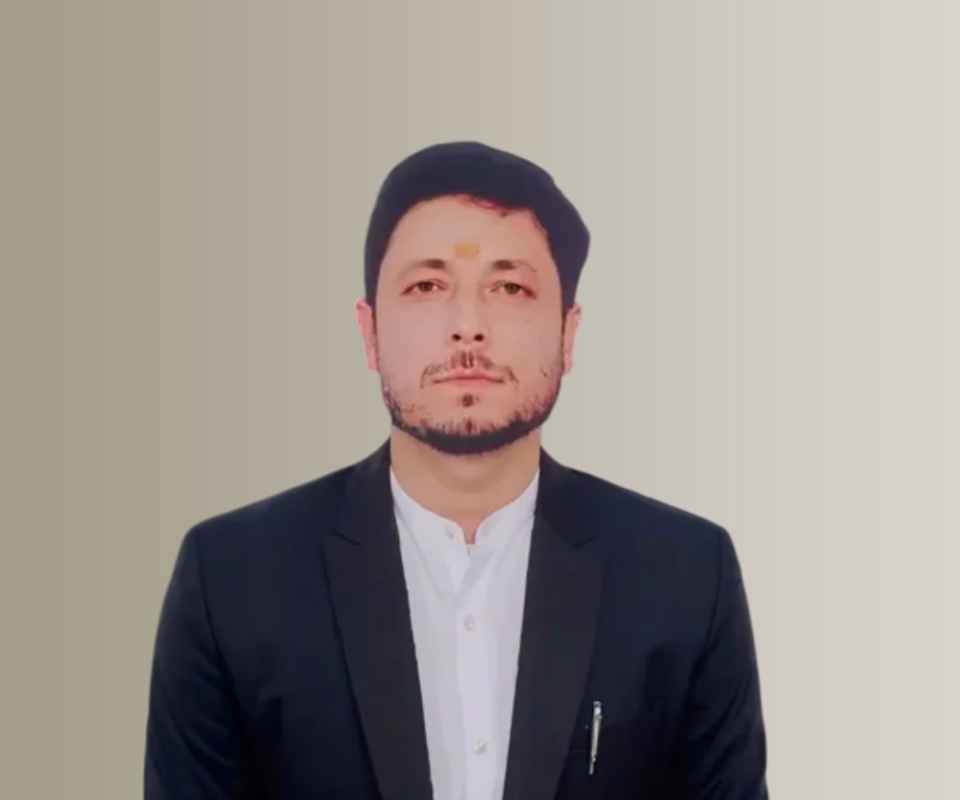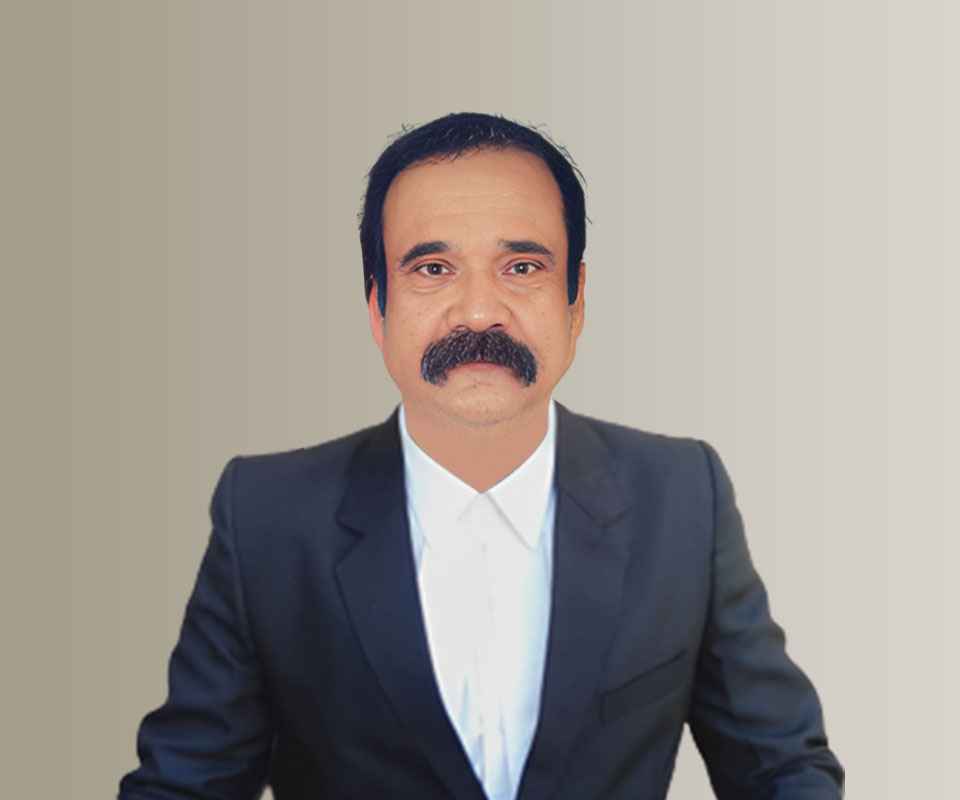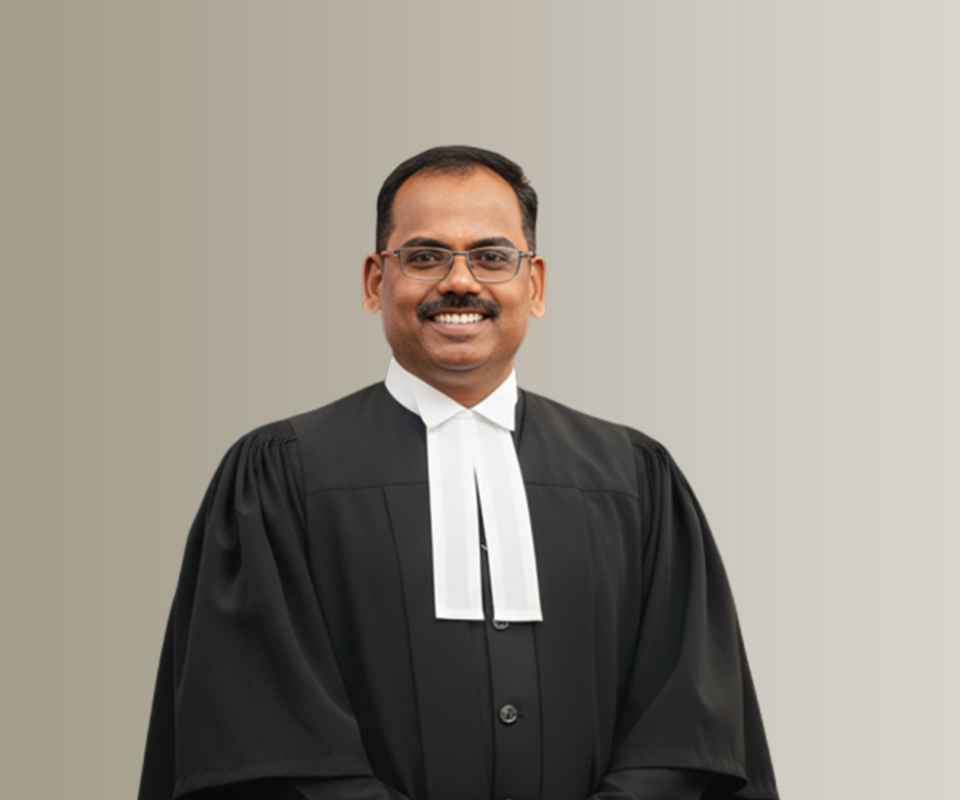Yes, a widow or widower can legally do court marriage in India. The law places no restriction on a person who has lost their spouse from remarrying, whether through a religious ceremony or through court marriage under the Special Marriage Act, 1954.
Legal Position
The Special Marriage Act, 1954, which governs court marriages in India, allows any unmarried adult to marry, including:
Unmarried persons
Divorcees
Widows and widowers
As long as the person is not already legally married to someone else, they are free to enter into a new marriage.
Conditions to Be Fulfilled for Court Marriage (by a Widow or Widower)
1. Free to Marry
The person must not have a living spouse.
In the case of a widow or widower, the earlier spouse has died, so this condition is satisfied.
2. Proof of Spouse’s Death
A death certificate of the deceased spouse is usually required as documentary proof.
3. Other Basic Conditions Under the Special Marriage Act
Minimum age: 21 for male, 18 for female
Sound mind: Must be capable of giving valid consent
No prohibited relationship: Unless custom permits
Not already married: Must be legally single (widowed, divorced, or never married)
Documents Required for Court Marriage (for a Widow/Widower)
Proof of age (e.g., birth certificate, passport, Aadhaar)
Proof of address
Passport-size photos
Death certificate of the deceased spouse
Affidavit declaring marital status, mental soundness, and willingness to marry
Notice of Intended Marriage form (submitted to Marriage Officer)
Procedure for Court Marriage (Simplified Steps)
1. Notice of Intended Marriage is filed with the Marriage Officer in your district.
2. The notice is published and a 30-day waiting period begins (to allow objections, if any).
3. If no valid objection is raised, the couple signs a declaration in front of the Marriage Officer and three witnesses.
4. Marriage Certificate is issued, making the marriage legally valid.
Important Notes
If the widow/widower belongs to a specific religion (e.g., Hindu or Muslim) and chooses to marry under the Special Marriage Act, the marriage will be a civil marriage, not religious.
The Special Marriage Act is secular — it applies to all Indian citizens, regardless of religion.
Conclusion
Yes, a widow or widower can do court marriage in India. It is fully legal and valid, as long as all other conditions of the Special Marriage Act, 1954 are met. The person must provide the death certificate of the previous spouse to establish their eligibility to remarry.
Dear Client,
Yes, a widow or a widower can indeed perform a court marriage in India under the special marriage act of 1954.
One of the central laws is the Special Marriage Act, 1954 that offers a legal framework to the marriage of individuals who may be of different religions, castes, or communities or simply those who would wish to have their marriage registered through a civil law process. More importantly, the Act does not have any limit on the marital status of the parties other than the fact that there should be no living spouse of any past marriage.
A Court Marriage Requirement.
To marry under this Act 11. a widow or a widower should meet the following conditions:
• Marital status: Both parties must not be married when marriage is taking place. A widow or widower is free to remarry since his former marriage was broken through the death of his/her spouse.
• Age: both male and female should be at least 21 and 18 years, respectively.
• Consent: The marriage must have free and valid consent by both sides.
• Prohibited Relationship The parties are not to be in the degrees of prohibited relationship, as defined in the Act, unless the customs of one or both parties authorize such marriage.
• Mental Capacity: Both individuals should have the ability to make a valid consent and should not be under some mental disorder that renders them not fit to get married or to have children.
This is done by filing a Notice of Intended Marriage with the Marriage Registrar of the district which is posted publicly to allow objections during 30 days. In case no serious objection is presented, Marriage is solemnized and registered by the Marriage Officer before three witnesses.
I hope this answer helps; if you have any further questions please don't hesitate to contact us.
Thank you
Answer By Anik
Dear client,
Yes, a widow or widower can indeed do court marriage in India. A court marriage stands for a marriage that is solemnized in a court or a sub-registrar office. In India, a court marriage takes place as per the provisions of the Special Marriage Act, 1954.
From the very terminology it is evident that court marriage is the solemnization of the union between the parties before the court of law. It is not presided over by any strenuous or prolonged rituals or ceremonies.
Eligibility Criteria
An application for a court marriage may be made by parties who belong to two different caste, religion, state and even nationality. Section 4 of the Act precisely deals with the Conditions relating to the solemnization of special marriage It elucidates the eligibility Criteria which includes the following:
1. There should not be any subsisting marriage for either parties
2. There should be valid consent given by them. This means that they should be of sound mind for giving consent.
3. Neither party should be suffering from any mental disorder or any other kind of disorders that makes them unfit for marriage and procreation of children
4. Neither party should be subject to recurrent attacks of insanity
5. The male should have completed twenty one years of age and the female should have completed eighteen years of age.
6. The parties should not be within the prohibited degrees of marriage.
This means that the party should not have a living spouse at the time of marriage and so a widow or widower can indeed proceed with court marriage.
Proof of Marital Status
However it is important to note along with the documents submitted for the registration of marriage, it is important to give a proof of marital status in the case of widow or widower. This applies to those who have been previously married and in which case they should submit proof via decree of divorce or death certificate of the spouse only upon which the marriage can be solemnized.
I hope this answer was helpful. For any further queries please do not hesitate to contact us.









